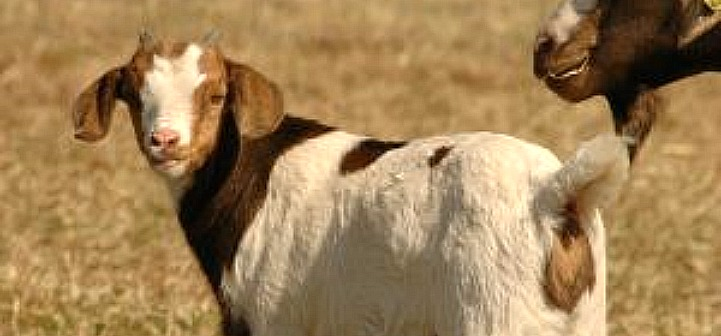Explanation of plant terms
Annual: A plant that germinates, grows, reproduces only by seed and dies in one year or growing season.
Perennial: A plant that persists for several years with new growth from a perennating part and can live indefinitely. Often a combination of diseases and/or insects will cause a perennial to be short-lived.
Cool Season Perennial: Perennial plant species that is usually seeded in late summer or early fall. It may be seeded in late winter or early spring, resulting in less growth the year of establishment. The major proportion of its growth is during the cool season in the spring with a lesser peak growth in the late summer and early fall. Generally, a mixture of tall fescue-ladino clover will produce about 55 percent of its total production in March, April and May, and about 20 percent in August, September and October. Cool season grasses usually flower profusely in mid-spring, and, if permitted, seeds will mature by late spring. Cool season legumes vary greatly in their periods of floral production. For example, alfalfa will usually produce some flowers after every harvest. In the year of establishment, the seedling growth of perennials is less vigorous than it is in winter annuals.
Warm Season Perennial: Perennial plant species that is usually seeded or planted vegetatively in late winter or spring and produces the major proportion of its growth during the warmer months of June, July and August. For example, hybrid bermudagrass will produce about 70 percent of its total production in June, July and August. Bermudagrass completely ceases growth at frost. Warm season grasses vary greatly in their period of floral production. A warm season perennial legume such as sericea lespedeza produces a seed crop every year in early to mid-fall.
Luginbuhl, J-M. 2006. Pastures for Meat Goats. In: Meat Goat Production Handbook, ed. T.A. Gipson, R.C. Merkel, K. Williams, and T. Sahlu, Langston University, ISBN 1-880667-04-5.
